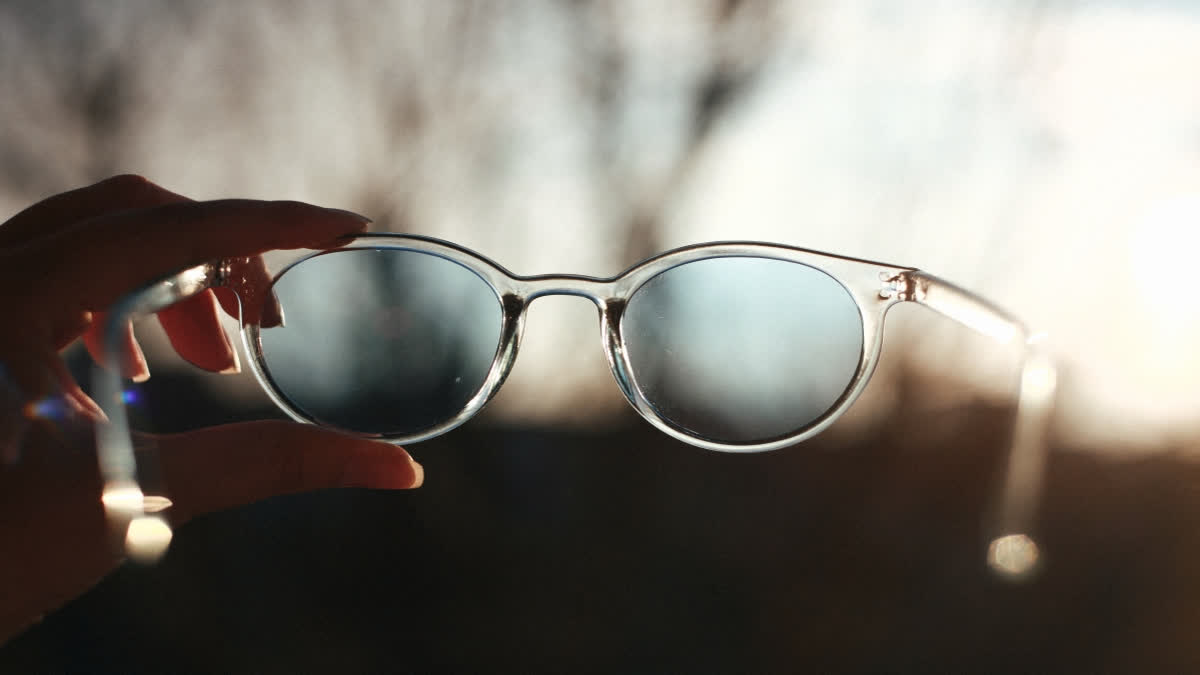Melbourne: Blue-light glasses are said to reduce eye strain when using computers, improve your sleep and protect your eye health. You can buy them yourself or your optometrist can prescribe them.
But do they work? Or could they do you harm? We reviewed the evidence. Here's what we found.
Blue-light glasses, blue light-filtering lenses or blue-blocking lenses are different terms used to describe lenses that reduce the amount of short-wavelength visible (blue) light reaching the eyes. Most of these lenses prescribed by an optometrist decrease blue light transmission by 10-25 per cent. Standard (clear) lenses do not filter blue light.
A wide variety of lens products are available. A filter can be added to prescription or non-prescription lenses. They are widely marketed and are becoming increasingly popular.
There's often an added cost, which depends on the specific product. So, is the extra expense worth it?
Outdoors, sunlight is the main source of blue light. Indoors, light sources such as light-emitting diodes (LEDs) and the screens of digital devices emit varying degrees of blue light.
The amount of blue light emitted from artificial light sources is much lower than from the Sun. Nevertheless, artificial light sources are all around us, at home and at work, and we can spend a lot of our time inside.
Our research team at the University of Melbourne, along with collaborators from Monash University and City, University London, sought to see if the best available evidence supports using blue light-filtering glasses, or if they could do you any harm. So we conducted a systematic review to bring together and evaluate all the relevant studies.
We included all randomised controlled trials (clinical studies designed to test the effects of interventions) that evaluated blue light-filtering lenses in adults. We identified 17 eligible trials from six countries, involving a total of 619 adults. We found no benefit of using blue light-filtering lenses, over standard (clear) lenses, to reduce eye strain with computer use.
Also read:Suicide risks higher among cancer patients within 2 years of diagnosis: Survey
This conclusion was based on consistent findings from three studies that evaluated effects on eye strain over time periods ranging from two hours to five days. Possible effects on sleep were uncertain. Six studies evaluated whether wearing blue-light filtering lenses before bedtime could improve sleep quality, and the findings were mixed.
